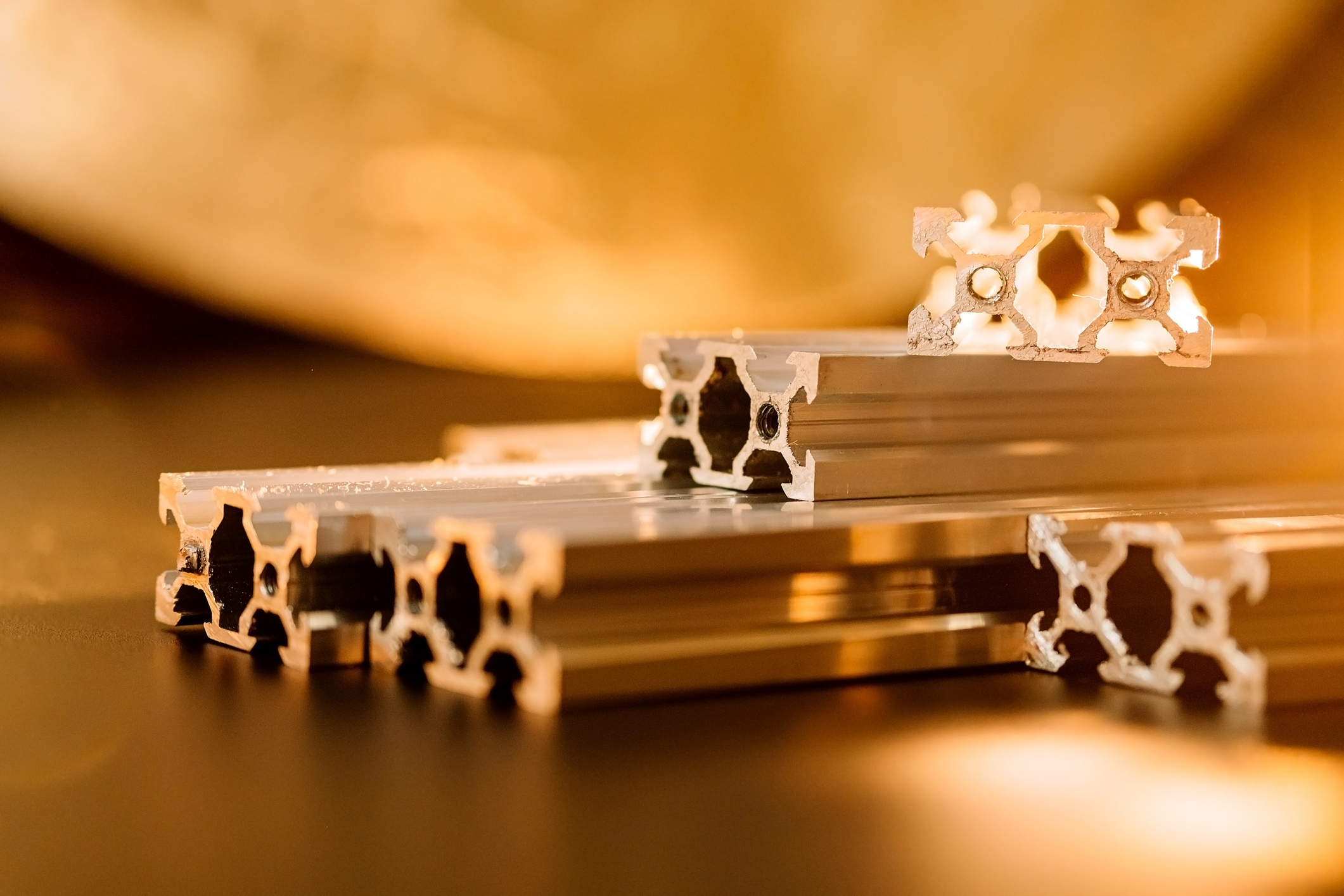
Even though the pandemic is slowly beginning to feel like a distant nightmare, few will deny its far-reaching impact, the reverberations of which can still be felt today. In March 2020, we awoke to a brand-new, dystopian reality in which the world ground to a complete halt. Not even George Orwell’s wildest writings could have prepared our governments for what was to come.
Go back one month to 14 February 2020, and the European Commission had just initiated an anti-dumping investigation into aluminium extrusion imports from the People’s Republic of China.
Market Subtleties
As with any raw material, in aluminium there is very real a difference in grade and quality. The higher the grade, the higher the price and corresponding profit margin. Understandably, European producers tend to prioritise products that generate a higher added value. As a consequence, the ‘cheaper’ aluminium extrusions need to be imported in order to meet market demand. Imports from traditional markets like China.
This all stands to reason. However, in this particular investigation, the EC stated that the technical and chemical characteristics of hard and soft alloys in aluminium extrusions are the same. That both terms are merely a commercial simplification. As if one and the same alloy of aluminium could be used for engine blocks, window frames, or a kitchen blender: aluminium is aluminium, without distinction.
Perfect Storm
In January 2021, one year after the initiation of the investigation and at the exact time of the founding of EURANIMI, the EC was about to follow through on a pre-pandemic logic. During this one year of investigation, the economic situation had gone from night to day. In its final disclosure, just as the world had begun recovering, the EC announced its intention to impose a 22-32% anti-dumping duty on imports of aluminium extrusion from China.
Precisely on those aluminium extrusions that generate lower margins and that the EU industry preferred not to produce because their lines were running at full capacity with the production of extrusions that generate higher margins. The same extrusions that were in such dire need in the economic upswing of 2021.
When we couple growing market demand, the plateauing of European production, and an overheated market with raw materials shortages following the forced standstill of 2020, it’s easy to see how prices quickly started skyrocketing. Price increases that were passed directly onto clients and consumers who were also trying to get back on their feet following the pandemic.
“Watching the situation unfold was like slowly watching the perfect storm roll in”, says EURANIMI co-founder and Executive Board Member Rob Greve. The EC-investigation into anti-dumping measures on Chinese aluminium extrusions was, like the proposed prolongation of the steel safeguard measure in June of the same year 2021, one of the reasons that EURANIMI was founded.
“We had to take action. It’s impossible for individual organisations to get the European Commission to listen to their concerns, and as such our members have felt overlooked in the past. As EURANIMI, we are able to speak with a singular voice and make the Commission sit up and take note of the concerns of independent importers and distributors.”
Too Late to Turn Around
As EURANIMI was only founded in January 2021, the decision making process with regards to anti-dumping measures on aluminium extrusions from China was too far along to turn around. Even so, the EC’s investigative team recognised the validity of EURANIMI’s written observation submitted after the deadline and still heard a dozen of its members in a hearing on 12 February 2021. On 29 March 2021 the Commission Implementing Regulation (EU) 2021/546 became a reality.
The fact that the Commission’s investigators recognised EURANIMI members’ legitimate interest in this matter, especially so shortly after the association’s founding, gave us the confidence to step up our efforts towards reducing the gap between EU regulations and the daily reality of the market.
“It’s essential that we continue pursuing our objective of better informing EC investigators on the specific features of the aluminium and stainless steel markets: the nuances between products, the subtleties of the market, and the particularities of the producers,” concludes Rob.
